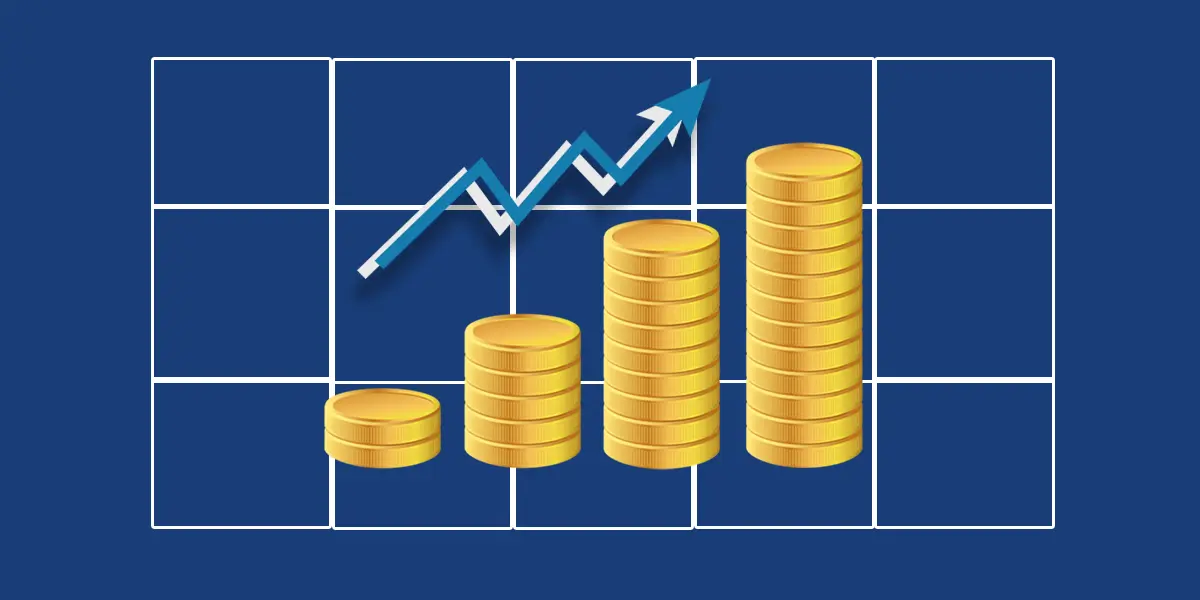BlackRock Moves to Add Staking to iShares Ethereum ETF Following SEC Greenlight
18.07.2025 9:00 1 min. read Kosta Gushterov
BlackRock is seeking to enhance its iShares Ethereum Trust (ticker: ETHA) by incorporating staking features, according to a new filing with the U.S. Securities and Exchange Commission (SEC) submitted Thursday.
This move follows the SEC’s recent approval of the first-ever staking crypto exchange-traded product—the REX-Osprey Solana Staking ETF—earlier this month, signaling a shift toward broader acceptance of staking-based ETFs.
The Nasdaq submitted the amendment under SEC Rule 19b-4, which governs proposals from national securities exchanges for fund listings. The updated filing outlines plans to stake “all or a portion” of the ETH held by the Trust via one or more reputable staking providers. Importantly, the proposal clarifies that the Trust will not pool its ether with other entities or take on the risks associated with slashing or blockchain forks on behalf of the fund.
BlackRock’s Ethereum ETF currently relies on Coinbase as both custodian and prime execution agent, and the exchange appears positioned to also serve as the staking partner.
With rival firms like Grayscale and 21Shares already pursuing similar updates to their Ethereum vehicles, BlackRock’s move could accelerate a trend toward integrating yield-generating mechanisms into regulated crypto investment products.
If approved, the change would allow investors in ETHA to benefit from staking rewards without directly managing crypto infrastructure—potentially boosting appeal for institutional and retail investors alike.
-
1
Ethereum Core Developer Launches Foundation to Push ETH to $10,000
03.07.2025 20:00 2 min. read -
2
First-Ever Staked Crypto ETF Set to Launch in the U.S. This Week
01.07.2025 9:00 2 min. read -
3
XRP Price Prediction: Price Compression and Higher ETF Approval Odds Could Propel XRP to $4
01.07.2025 20:03 3 min. read -
4
LINK Stuck Below $15 as Whales Accumulate and Retail Stalls, CryptoQuant Reports
03.07.2025 19:00 2 min. read -
5
Crypto Inflows hit $1B Last Week as Ethereum Outshines Bitcoin in Investor Sentiment
07.07.2025 20:30 2 min. read
Over $5.8 Billion in Ethereum and Bitcoin Options Expired Today: What to Expect?
According to data shared by Wu Blockchain, over $5.8 billion in crypto options expired today, with Ethereum leading the action.
2 Main Reasons Behind Ethereum’s Surge to $3,600
Ethereum surged 5.18% in the past 24 hours, crossing the $3,600 level and reaching $3,670 before going back to $3,590 at the time of writing.
XRP Hits All-time High Amid Regulatory Breakthrough and Whale Surge
XRP officially entered uncharted price territory on July 18, surging past its previous record to hit a new all-time high of $3.64, fueled by a powerful combination of U.S. regulatory progress, technical breakouts, and heavy whale accumulation.
IMF Disputes El Salvador’s Bitcoin Purchases, Cites Asset Consolidation
A new report from the International Monetary Fund (IMF) suggests that El Salvador’s recent Bitcoin accumulation may not stem from ongoing purchases, but rather from a reshuffling of assets across government-controlled wallets.
-
1
Ethereum Core Developer Launches Foundation to Push ETH to $10,000
03.07.2025 20:00 2 min. read -
2
First-Ever Staked Crypto ETF Set to Launch in the U.S. This Week
01.07.2025 9:00 2 min. read -
3
XRP Price Prediction: Price Compression and Higher ETF Approval Odds Could Propel XRP to $4
01.07.2025 20:03 3 min. read -
4
LINK Stuck Below $15 as Whales Accumulate and Retail Stalls, CryptoQuant Reports
03.07.2025 19:00 2 min. read -
5
Crypto Inflows hit $1B Last Week as Ethereum Outshines Bitcoin in Investor Sentiment
07.07.2025 20:30 2 min. read


